Life

Educators and Parents, Sign Up for The Cheat Sheet
Weekly updates to help you use Science News Explores in the learning environment
Thank you for signing up!
There was a problem signing you up.
-
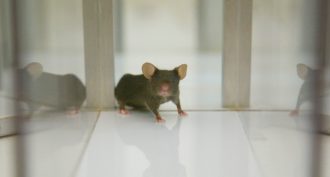 Brain
BrainIn pursuit of memory
Why is granny so forgetful? Scientists must learn how the brain builds memories if they hope to figure out why recall fails in old age.
-
 Fossils
FossilsKing of Gore
Paleontologists debut the oldest T. rex ancestor. Weighing as much as a car and longer than a two-story building is tall, this meat eater would have been one fierce predator.
By Janet Raloff -
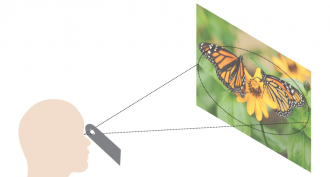 Brain
BrainOne eye, 3-D
Most scientists think people need two eyes to see a flat image or movie in three dimensions. However, a new study suggests seeing in 3-D with one-eye is possible.
-
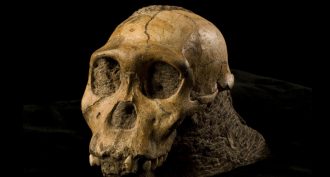 Fossils
FossilsWhere do humans come from?
Some scientists propose a newfound South African species as the most likely ancestor of the line that led to humans. But not everyone accepts that this is where it all began.
By Bruce Bower -
 Fossils
FossilsHow sharks survived the ‘Great Dying’
By abandoning their coastal homes, some sharks survived an event that caused mass extinctions of other species.
By Janet Raloff -
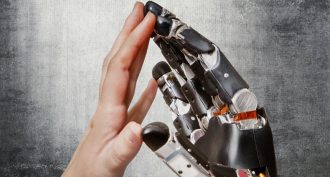 Brain
BrainRestoring a sense of touch
A zap to a monkey’s brain fools the animal into thinking its finger has been touched. The findings point to a way for artificial fingers to communicate with the brain so that touch “feels” more real.
-
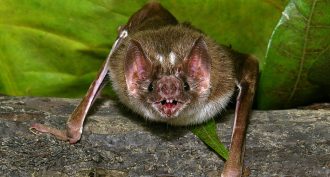 Animals
AnimalsTrue vampires
Forget Count Dracula or Twilight’s Edward and Bella. Many creatures have a true thirst for blood, and here’s why.
By Roberta Kwok -
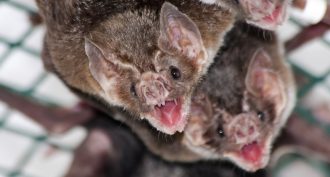 Animals
AnimalsVampires’ gift of ‘blood honey’
A Maryland biologist probes the unusual dining behaviors of a blood-thirsty bat.
By Susan Milius -
 Brain
Brain‘Study drugs’ can be dangerous
The misuse of these ADHD medicines not only constitutes cheating, but they can become addictive and can mess with your head.
-
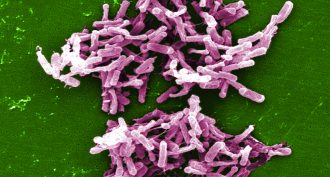 Health & Medicine
Health & MedicineMining medicine from poop
Researchers find a much less yucky way to treat people with a common killer infection.
-

-
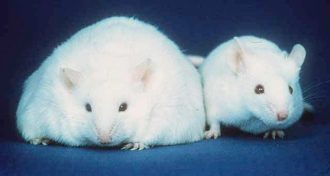 Microbes
MicrobesSlimming germs
In the gut, the right microbe mix can help keep off extra weight — at least in mice.